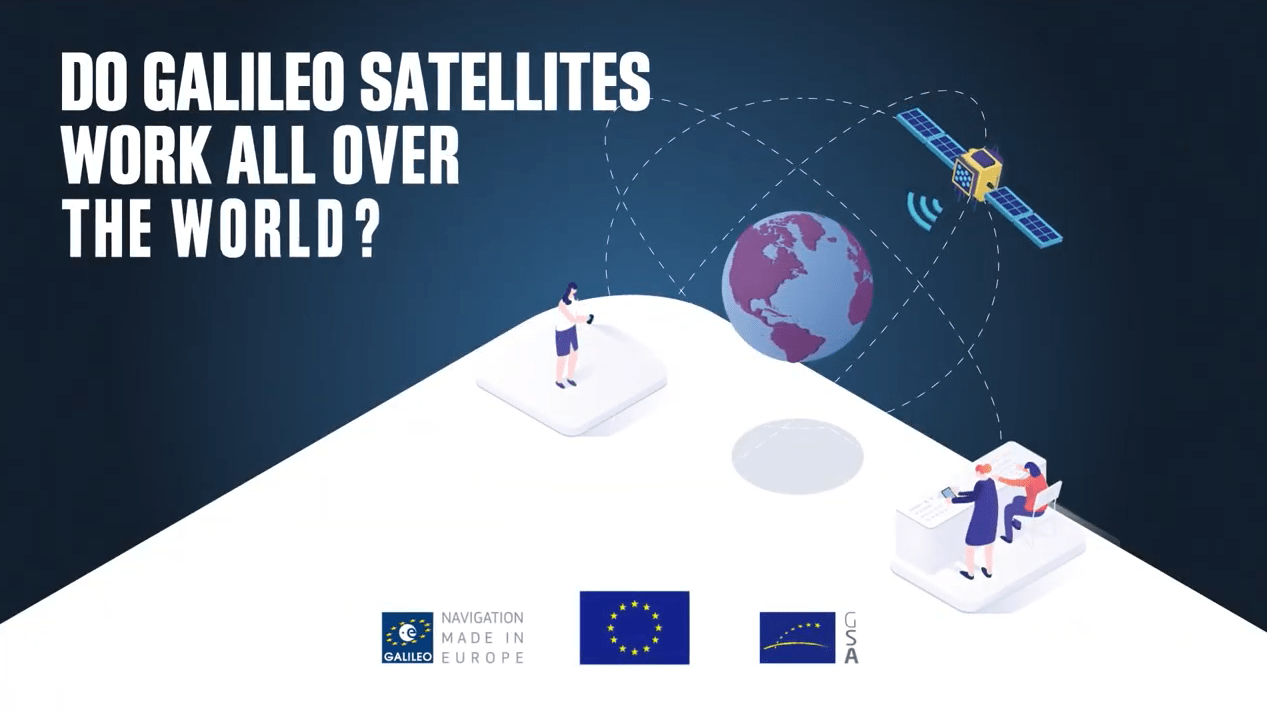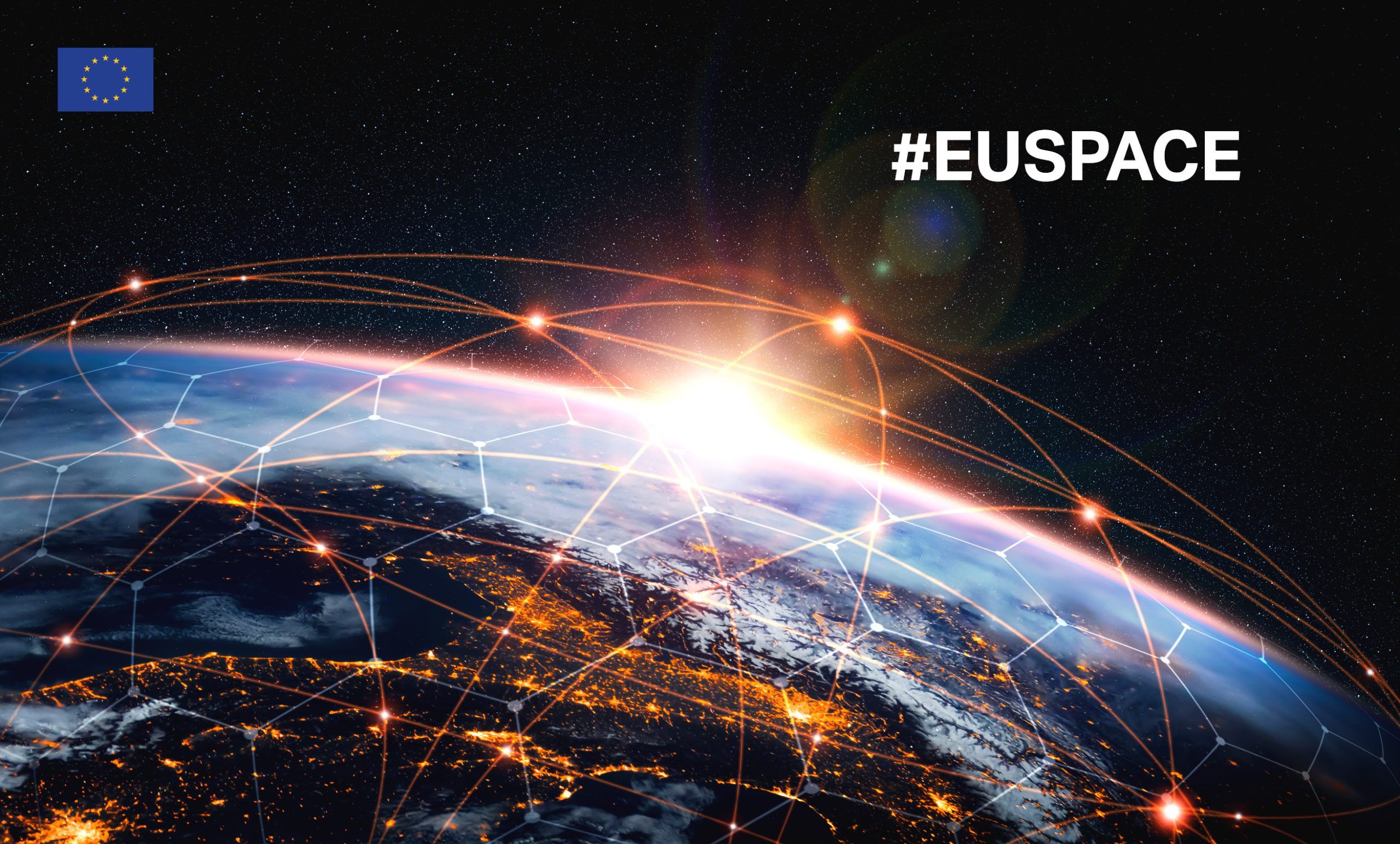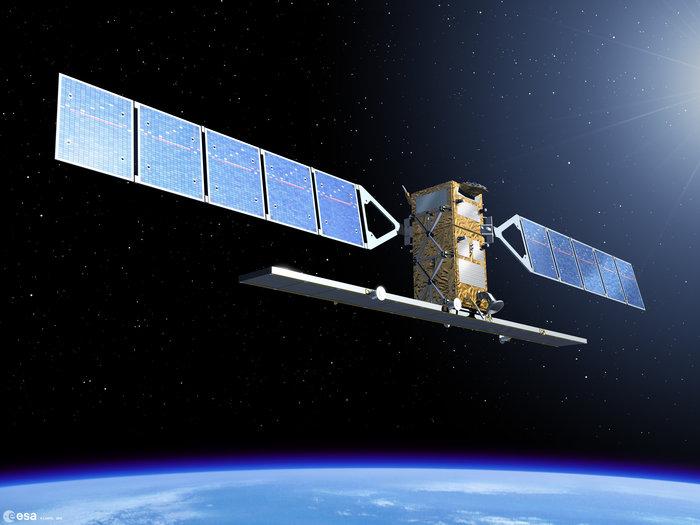EU ministers responsible for space adopted two sets of conclusions: on Copernicus by 2035 and on an EU approach to space traffic management.
These conclusions provide political guidance for the future of the EU’s Copernicus programme and strengthen the EU’s common position on space traffic management.
Copernicus by 2035
Copernicus is the EU’s Earth observation programme, which offers information services that draw on satellite Earth observation and non-space data. The information is helpful to service providers, public authorities, and other international organisations in improving European citizens’ quality of life. Data gathered from the Copernicus programme has proven to be of help in several areas, including emergency response, global food security, combating climate change, border control and national security.

Do Galileo satellites work all over the world?
|
The Council conclusions on Copernicus by 2035 help prepare the future of the Copernicus space programme. They set out a vision for 2035 and political guidance for the Copernicus programme based on three key pillars: the Green Deal, the digital transition, and security, together contributing to a more resilient Europe. The conclusions take into account user needs, new environmental challenges and the state of the art of research. They also maximise the inclusion of new digital technologies in the programme.
Space traffic management
Space is becoming more crowded than ever. To tackle the global challenges that come with this increased traffic, rules on activities in space have to change accordingly. Sharing of capacities, information and best practices amongst member states is key to address strategic and competitiveness challenges in space.

EU Space is the key to disaster risk management and response
|
In the conclusions on an EU approach to space traffic management, ministers underline the importance of strengthening EU space surveillance and tracking capabilities and of coordinating legislation and standardisation. This will amplify the EU’s voice on the international stage when it comes to space traffic management.
The EU approach to space traffic management will reduce the risk of collisions and ensure that space remains safe and sustainable.
Source: European Council – Press release







Leave a Reply